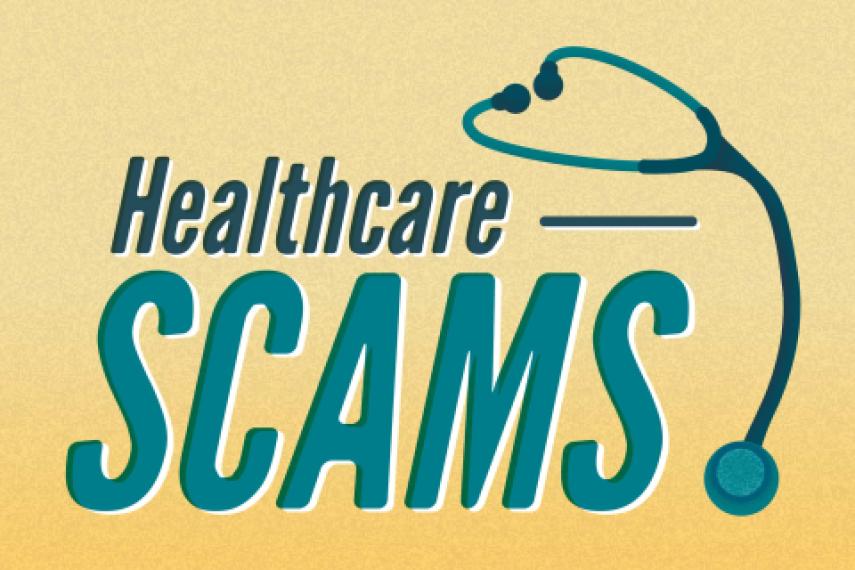
Knowledge is power when it comes to health insurance. Insurance policies can be confusing, and scammers often target vulnerable groups like older adults, veterans and immigrants. But if you stay aware you can avoid scams and confidently access the health coverage you need.
Red Flags to Watch Out For
Here are some signs that someone might be a scammer:
- They want sensitive personal information in exchange for an insurance quote. Don't give out your personal information to someone who contacted you first, and always be careful even with trusted insurance providers. One safe way to check your eligibility, compare prices and start enrollment without providing sensitive information is to visit healthcare.gov.
- They demand payment for a new Medicare card. Medicare and Medicaid scams occur when fraudsters ask you to renew your card over the phone. They might ask for your Social Security number, Medicare and Medicaid ID, or bank details. If you refuse they may threaten to cancel your medical benefits. State Medicaid agencies will never ask for your personal information or bank and credit card details to renew your enrollment in the state's program.
- A navigator asks for payment in the Health Insurance Marketplace. Navigators are individuals or organizations that help consumers as they look for health coverage options in the Health Insurance Marketplace. Their services are free to consumers, but scammers may ask for money to help you with the Health Insurance Marketplace.
- They contact you first and say they're a government official. Scammers may impersonate government officials and ask to verify information like Social Security number, credit card and bank details over the phone. They may ask for payment through gift cards, cryptocurrency or money wire. Reputable agencies and companies will never ask for payment via those methods. Additionally, Medicare plan representatives will never contact you first or come to your house uninvited to ask for personal information or payment.
- They offer a medical discount plan you were unaware of. Be cautious of fake medical discount plans that charge monthly fees for discounts. To find legitimate discount plans, look at what your insurance provider claims to provide and ask your doctor if they participate. Make sure you have the details of the medical discount plan in writing before you sign up.
How to Verify an Insurance Provider
Before signing up for a health insurance plan, use the following steps to verify your provider and avoid scams.
- Visit trusted sources like Healthcare.gov and state marketplaces for comprehensive health coverage.
- Research the company online using the name of the company offering health coverage and words like "complaint," "fraud" or "scam."
- Use tools on your state insurance commissioner's website to search the company selling health insurance and verify they are licensed or registered.
- Ensure you get a written copy of the statement of benefits or health policy from the salesperson.
- Make sure you receive specific information about finding providers within the network, co-pays and deductibles directly from the health plan representative, not just from a brochure or website.
Reporting Scams
If you have spotted or fallen victim to a health insurance scam, report it to the FTC at reportfraud.ftc.gov and your State Attorney General. Report Medicare scams at medicare.gov or call 800.633.4227.
Stay Secure
Your security is important to us. Health insurance plans can be daunting and confusing, so stay alert and report any scams you spot to trusted authorities right away. For more ways to stay safe and protect your accounts visit hzcu.org/staysecure.
